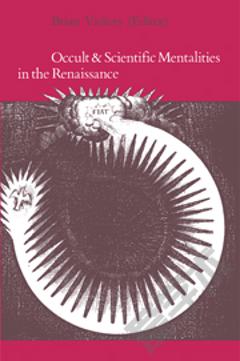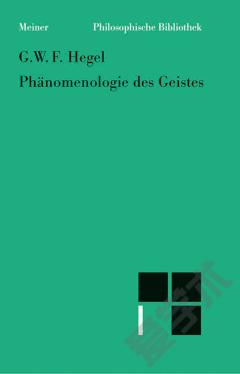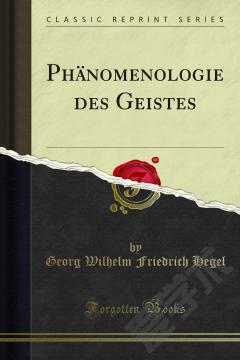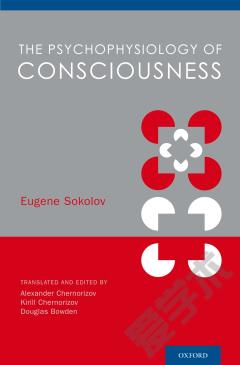Occult Scientific Mentalities
The essays in this volume present a collective study of one of the major problems in the recent history of science: To what extent did the occult 'sciences' (alchemy, astrology, numerology, and natural magic) contribute to the scientific revolution of the late Renaissance? These studies of major scientists (Kepler, Bacon, Mersenne, and Newton) and of occultists (Dee, Fludd, and Cardano), complemented by analyses of contemporary official and unofficial studies at Cambridge and Oxford and discussions of the language of science, combine to suggest that hitherto the relationship has been too crudely stated as a movement 'from magic to science'. In fact, two separate mentalities can be traced, the occult and the scientific, each having different assumptions, goals, and methodologies. The contributors call into question many of the received ideas on this topic, showing that the issue has been wrongly defined and based on inadequate historical evidence. They outline new ways of approaching and understanding a situation in which two radically different and, to modern eyes, incompatible ways of describing reality persisted side-by-side until the demise of the occult in the late seventeenth century. Their work, accordingly, sets the whole issue in a new light.
{{comment.content}}








 京公网安备 11010802027623号
京公网安备 11010802027623号